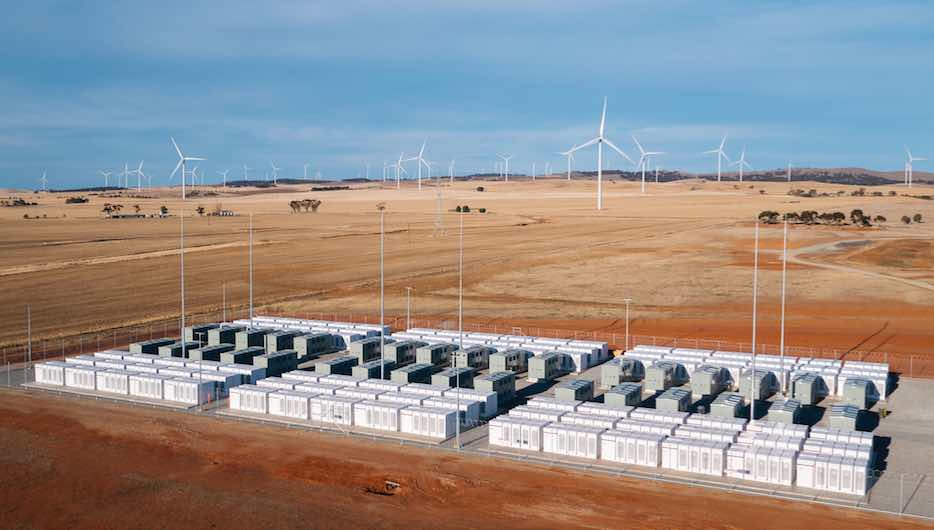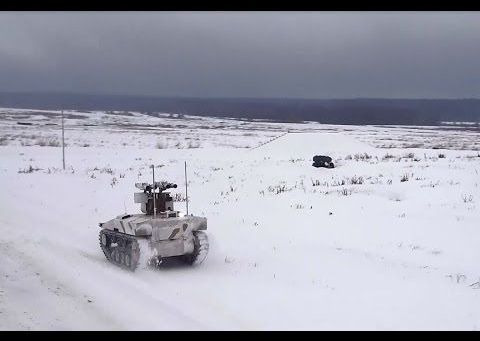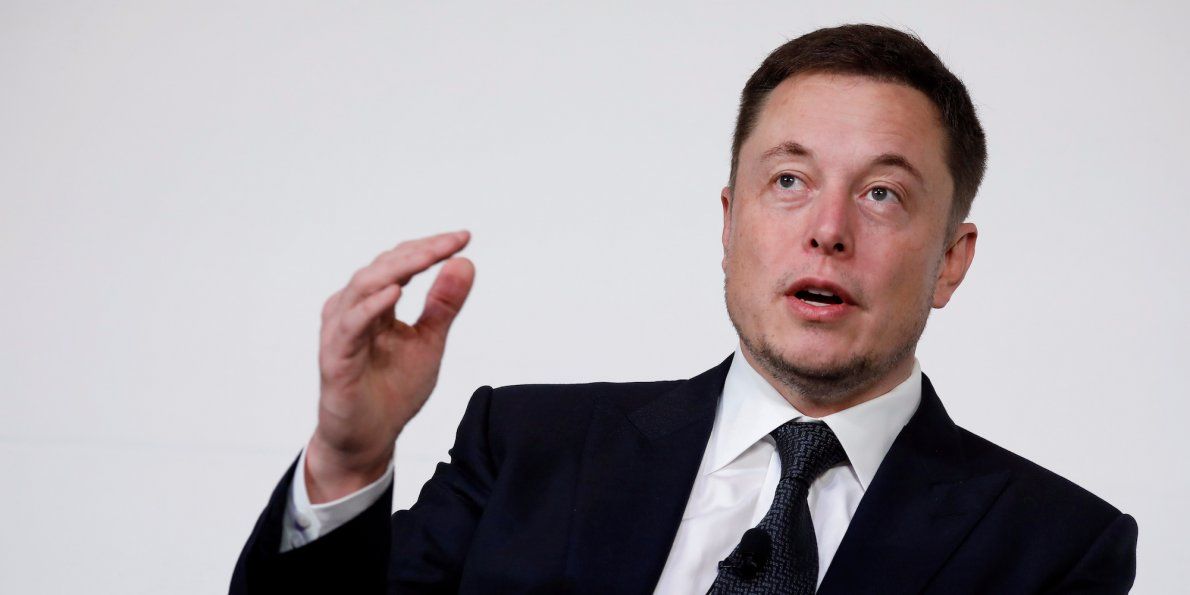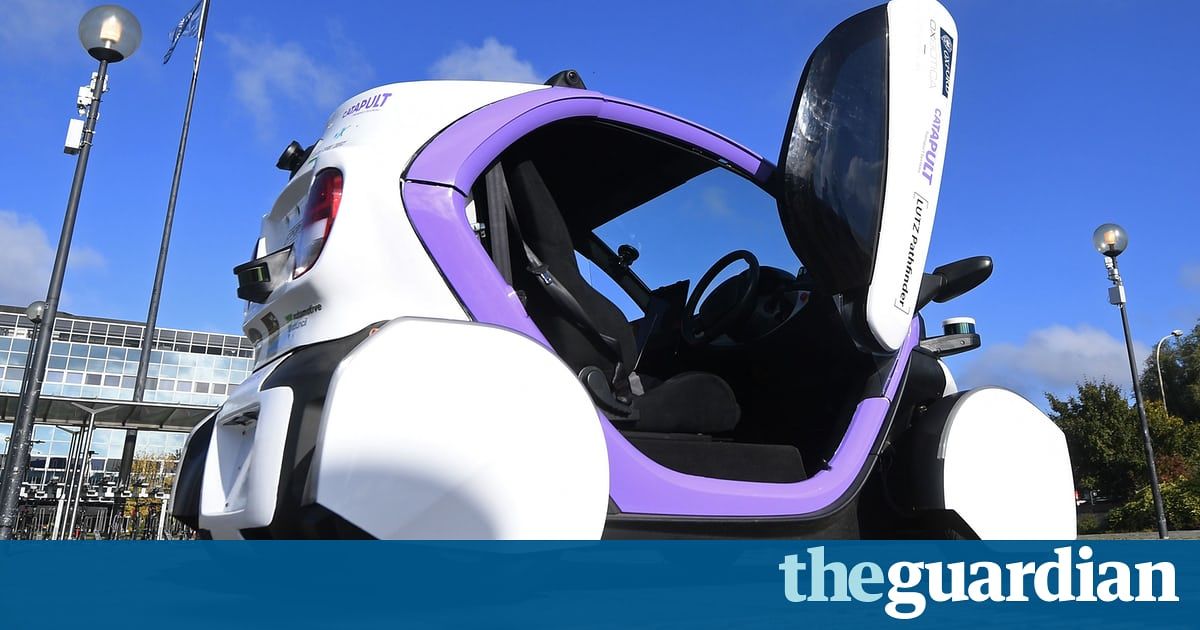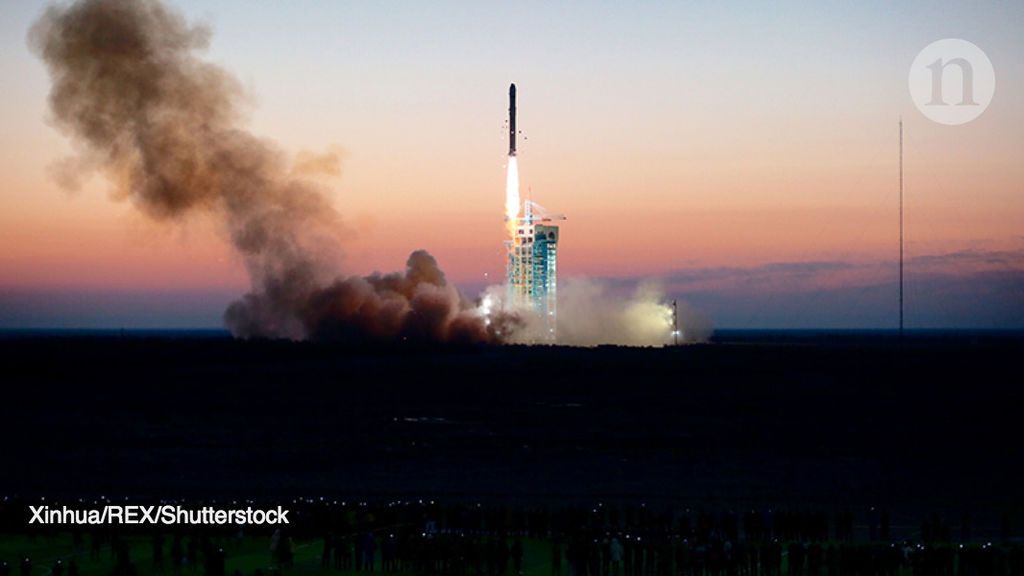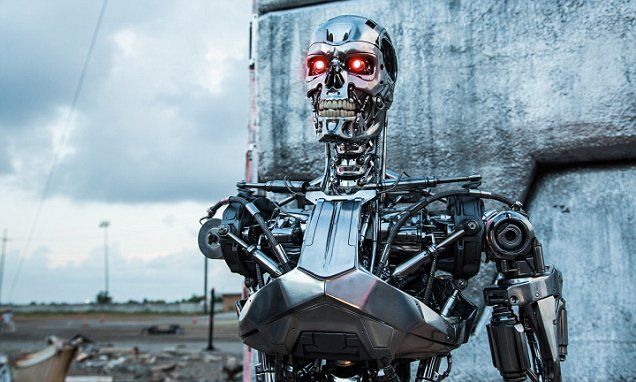Daniel Ellsberg gained notoriety in the early 1970s for leaking the Pentagon Papers, the Defense Department’s top-secret history of the Vietnam War, and then for outspokenly protesting the war and the government’s secrecy which sustained it. Yet few, then or now, are aware that he spent much of the previous decade immersed in highly classified studies of the U.S. nuclear-war machine: how it works, who can launch an attack, and how much devastation it can wreak if someone ever pushed the button.
His new book, The Doomsday Machine: Confessions of a Nuclear War Planner, is his long-gestating memoir of those times and the years since, and it is one of the best books ever written on the subject—certainly the most honest and revealing account by an insider who plunged deep into the nuclear rabbit hole’s mad logic and came out the other side.
Dr. Strangelove “was a documentary,” writes the man behind the Pentagon Papers.

